How to Buy Bitcoin Anonymously
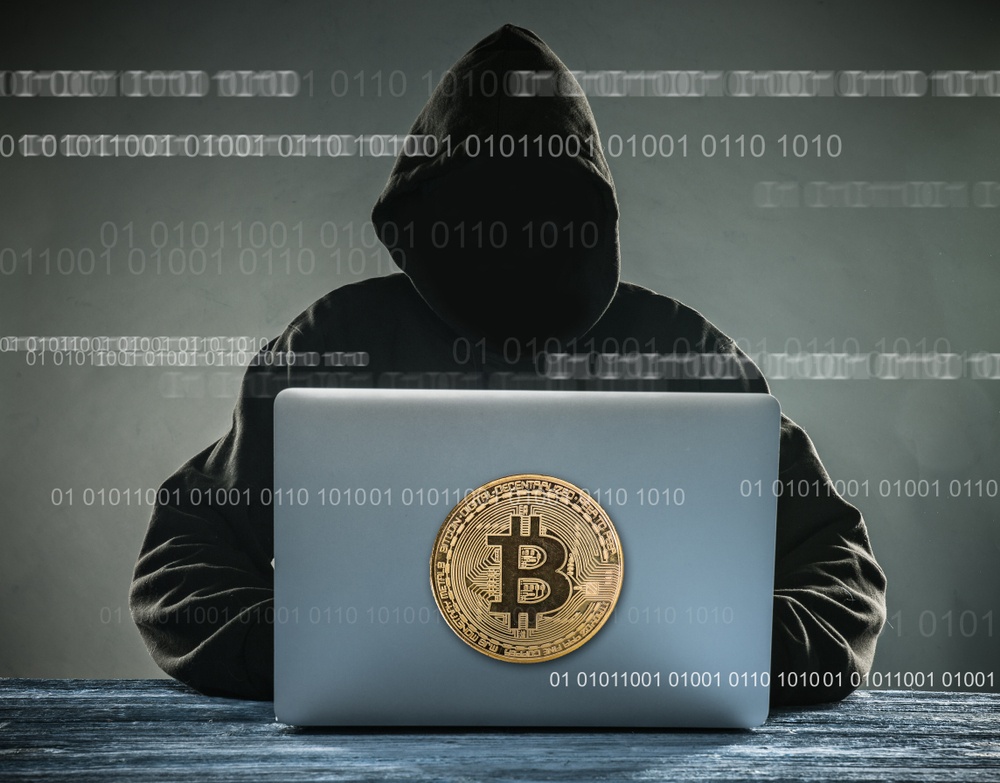
Ever wondered just how exposed your financial life really is? With every Bitcoin transaction publicly recorded, the notion of privacy can feel like a distant dream. But what if there was a way to navigate the crypto world without leaving a digital trail, keeping your financial moves completely private? In today’s age of constant surveillance and frequent data breaches, figuring out how to buy Bitcoin anonymously isn’t just a nice-to-have—it’s becoming a must for anyone who values their personal security. Let’s uncover how we can enjoy the benefits of Bitcoin while keeping our transactions truly under the radar.
The Privacy Problem in Crypto Transactions
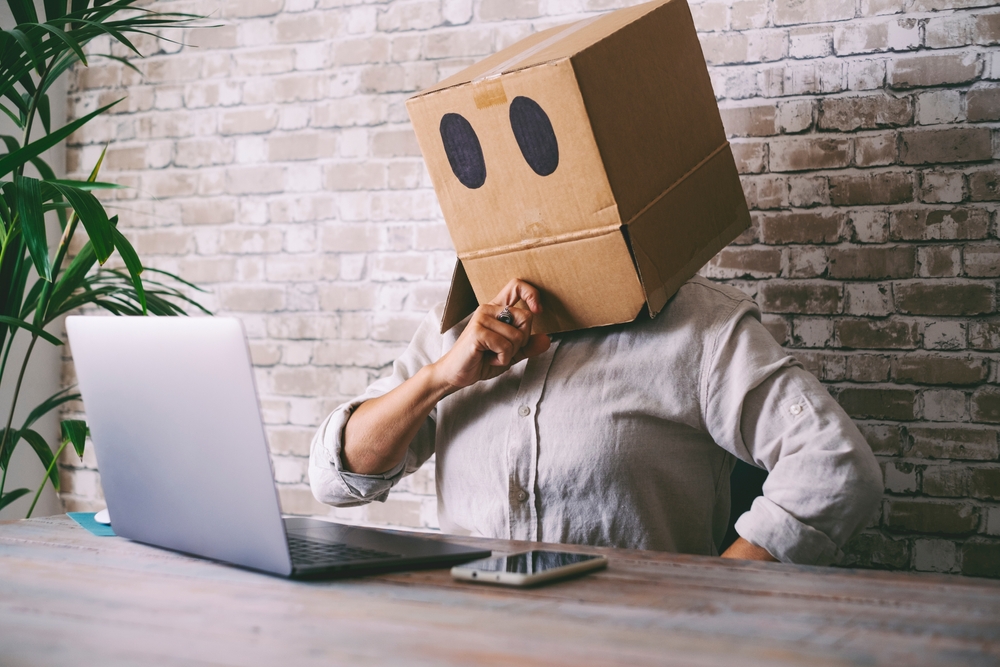
Bitcoin and other cryptocurrencies have changed the way we handle money, offering a new level of freedom and control. But there’s a flip side. Every transaction you make is recorded on a public ledger known as the blockchain. While this transparency is great for security and trust, it can be a headache if you’re concerned about privacy.
The Risks of Public Transactions
You might be wondering, “Can someone really trace my Bitcoin transactions back to me?” The short answer is yes. Since each transaction is publicly recorded, savvy individuals and even hackers can analyze the blockchain to link transactions to real-world identities. This could lead to privacy breaches, unwanted attention, or even make you a target for cybercrime.
Concerns Over Personal Data Sharing
Most cryptocurrency exchanges these days require you to go through a verification process. They ask for personal identification documents like your passport or driver’s license. While this is meant to prevent fraud and comply with regulations, it also means your sensitive data is stored online. Data breaches happen more often than we’d like to admit, and when they do, your personal information could end up in the wrong hands.
The Need for Anonymous Purchasing Methods
All of this raises an important question: How can we enjoy the benefits of Bitcoin without sacrificing our privacy? Finding ways to buy Bitcoin anonymously isn’t just a luxury anymore—it’s becoming a necessity for those of us who want to keep our financial activities under the radar. By exploring anonymous purchasing methods, we can protect ourselves from potential risks while still participating in the crypto revolution.
But how exactly does one navigate the world of Bitcoin anonymously? And is Bitcoin truly anonymous to begin with? In the next part, we’ll break down how Bitcoin transactions work and uncover the myths and realities of cryptocurrency privacy. Trust me, you’ll want to see what’s coming next!
Understanding Bitcoin and Anonymity
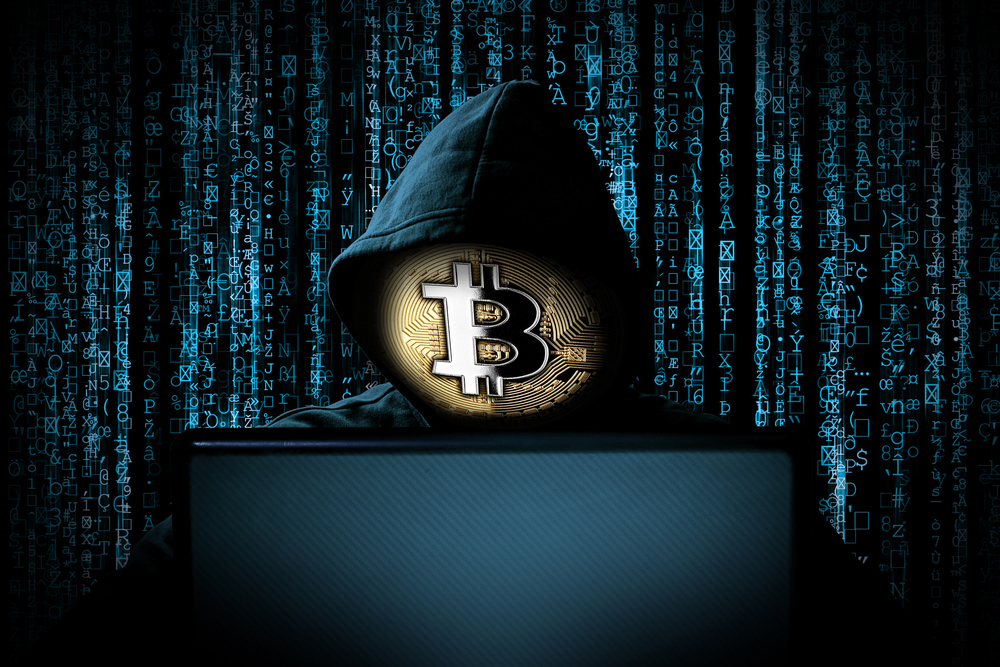
When I first dipped my toes into the world of Bitcoin, I was thrilled by the promise of a decentralized currency. But I soon realized that Bitcoin isn’t as private as many people think. If you’re aiming to buy Bitcoin anonymously, it’s essential to understand how transactions work and why they’re not inherently private.
How Bitcoin Transactions Are Tracked
Every time a Bitcoin transaction occurs, it’s recorded on the blockchain—a public ledger accessible to anyone. Think of it like carving your transaction into a stone that’s displayed for the whole world to see. Each transaction includes the sender’s and receiver’s wallet addresses and the amount transferred. While those wallet addresses don’t include your name or personal details, they can still be traced.
Here’s how it happens: analysts and sometimes even malicious actors use sophisticated tools to link wallet addresses to real-world identities. For example, if you use a cryptocurrency exchange that requires ID verification, your wallet address could be tied directly to your personal information. A study by the University of Qatar and Hamad Bin Khalifa University found that transaction patterns can reveal user identities with surprising accuracy.
The Myth of Complete Anonymity
I can’t tell you how many times I’ve heard people say, “Bitcoin is anonymous, so no one can track what I’m doing.” I wish that were true, but the reality is a bit different. While Bitcoin offers some privacy features, it’s not entirely anonymous unless you take extra steps.
Consider this: if someone knows your wallet address, they can see every transaction you’ve made. It’s like leaving breadcrumbs that lead straight back to you. Without precautions, buying and using Bitcoin can leave a trail that others might follow.
Pseudonymity vs. Anonymity
The crux of the issue lies in understanding the difference between pseudonymity and anonymity. Bitcoin transactions are pseudonymous, meaning your identity is hidden behind a pseudonym—in this case, your wallet address. But pseudonymity isn’t the same as true anonymity. If someone connects your pseudonym to your real identity, your privacy disappears.
Think of it like wearing a mask at a party. People might not recognize you at first glance, but if you have distinctive features or someone sees you put the mask on, your identity is revealed. Similarly, to achieve true anonymity with Bitcoin, you need to take additional measures to prevent your transactions from being linked back to you.
“Privacy is not an option, and it shouldn’t be the price we accept for just getting on the Internet.” — Gary Kovacs
This quote hits home for me because in our increasingly digital world, safeguarding our privacy is more important than ever.
Understanding these nuances is the first step toward buying Bitcoin anonymously. But knowing the challenges, how can we actually keep our transactions under the radar? Is it possible to navigate the Bitcoin network without leaving digital footprints?
Methods to Buy Bitcoin Anonymously
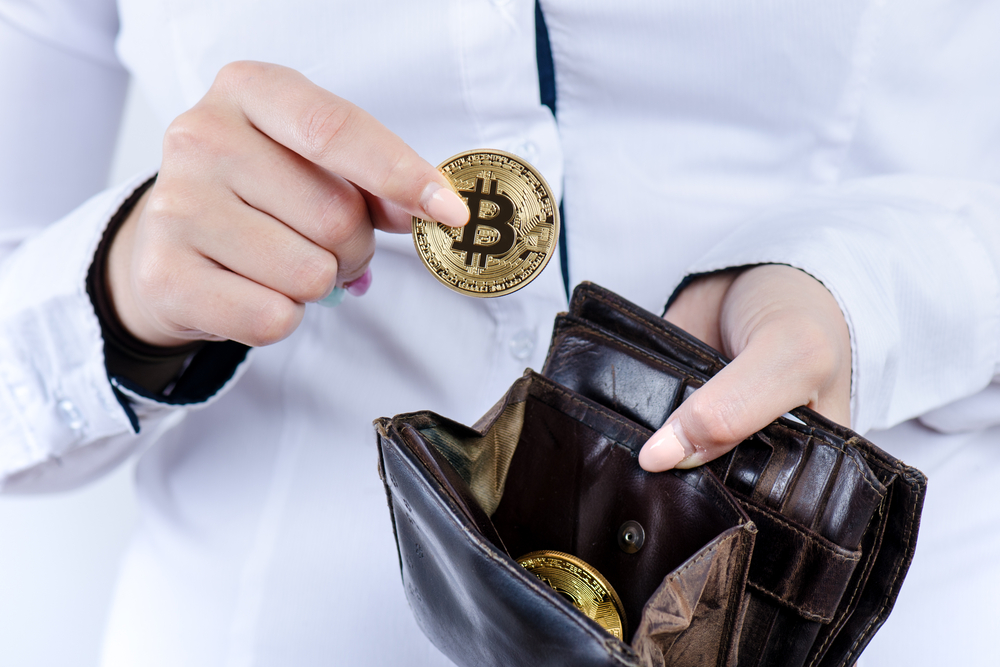
When it comes to keeping our Bitcoin purchases off the radar, there are several effective methods I’ve discovered over the years. Let’s check out some of the best ways to buy Bitcoin without giving away your identity.
Peer-to-Peer (P2P) Exchanges
P2P exchanges have become a go-to for many of us looking to trade directly with others while skipping the tedious verification steps.
These platforms allow you to:
- Negotiate prices directly with sellers or buyers.
- Choose from various payment methods that suit your needs.
- Complete transactions without sharing personal documents.
I remember using Bisq for the first time and feeling a sense of relief knowing I could trade without jumping through hoops. The decentralized nature of these exchanges means there’s no central authority storing your data—everything stays between you and the other party.
Using Bitcoin ATMs
Bitcoin ATMs are popping up everywhere these days, offering a convenient way to buy Bitcoin with cash. These machines function similarly to traditional ATMs but instead of dispensing cash, they send Bitcoin directly to your wallet.
Here’s why Bitcoin ATMs are great for anonymity:
- You can pay with cash, leaving no digital payment trail.
- Many ATMs require minimal to no identification for smaller amounts.
- Transactions are quick and straightforward.
For instance, I once needed to buy Bitcoin on short notice and found a Bitcoin ATM nearby using Coin ATM Radar. In just a few minutes, I had my Bitcoin without handing over any personal info.
Keep in mind that some ATMs may ask for ID for larger transactions due to regulatory requirements, so it’s wise to check the limits beforehand.
Cash Transactions
Buying Bitcoin in person with cash is another method that keeps things private.
Here’s how to approach cash transactions safely:
- Always meet in a public place like a café or mall.
- Let a friend know where you’re going and consider bringing someone along.
- Verify the Bitcoin transfer on the spot before handing over the cash.
I’ve met up with sellers at local coffee shops, and while it might seem a bit old-school, it’s an effective way to keep your purchase off the books. Just make sure to stay vigilant—your safety comes first.
Prepaid Cards and Gift Cards
Using prepaid debit cards or gift cards is another route to consider. You can purchase these cards with cash and then use them to buy Bitcoin online, keeping your bank accounts out of the equation.
Platforms like Paxful accept a variety of gift cards in exchange for Bitcoin. Here’s why this method works:
- Prepaid cards aren’t linked to your personal information.
- Gift cards can be bought with cash, leaving no digital footprint.
- You can find sellers willing to accept different types of gift cards.
I once used a prepaid Visa card to buy Bitcoin on a platform that didn’t require any verification. It was a straightforward process, and I felt more at ease knowing my banking details weren’t involved.
According to a study by the University of Cambridge, alternative payment methods like prepaid cards contribute significantly to privacy in cryptocurrency transactions, helping users maintain their anonymity.
“Anonymity is not a technology problem; it’s a social problem.” – David Chaum
Exploring these methods has shown me that maintaining privacy while buying Bitcoin is entirely possible. Each option has its pros and cons, so it’s all about finding what works best for you.
But once you’ve got your Bitcoin anonymously, how do you store it without compromising your privacy? That’s a crucial piece of the puzzle we’ll tackle next.
Choosing an Anonymous Bitcoin Wallet
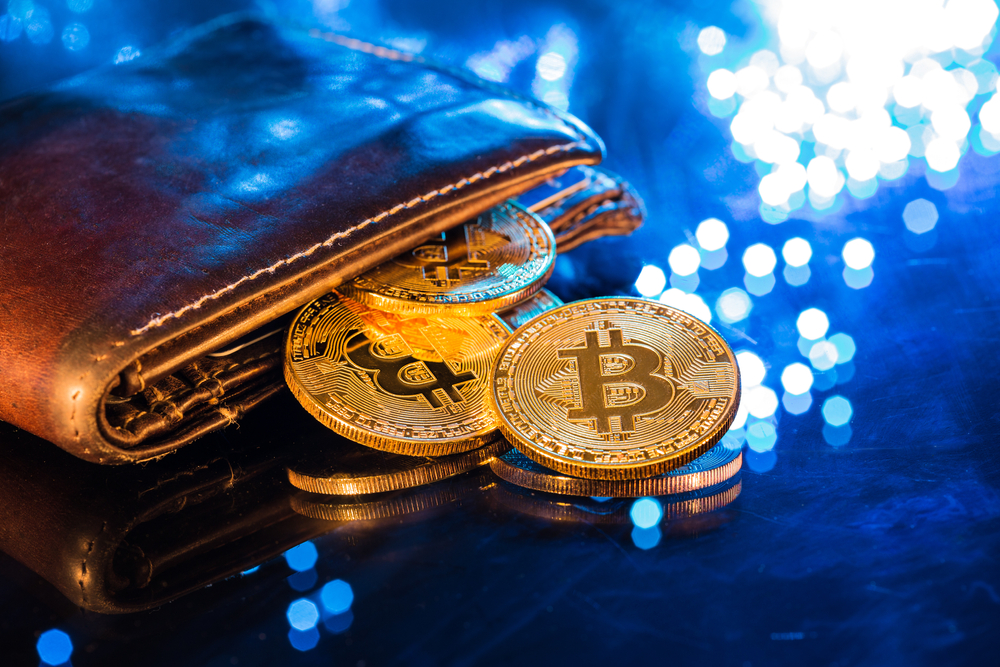
After getting your hands on Bitcoin without leaving a trace, the next big step is keeping it secure and private. The wallet you choose can make all the difference in safeguarding your anonymity.
Features to Look For
When picking an anonymous Bitcoin wallet, certain features are essential:
- No KYC Requirements: Opt for wallets that don’t ask for personal identification.
- Strong Encryption: Ensure the wallet uses robust security measures to protect your keys.
- Private Key Control: You should have sole access to your private keys, keeping you in full control.
- Open Source Code: Wallets with transparent code can be audited by anyone, reducing the risk of hidden vulnerabilities.
- Stealth Addresses: Some wallets offer features that allow you to receive funds without exposing your public address.
Top Anonymous Wallets
Over the years, I’ve explored various wallets that prioritize privacy. Here are some that stand out:
- Zengo: A user-friendly wallet known for its strong security protocols without compromising on privacy.
- Wasabi Wallet: Offers built-in coin mixing services, making your transactions harder to trace.
- Electrum on Tails OS: Running Electrum on the privacy-focused Tails operating system adds an extra layer of anonymity.
- Samourai Wallet: Designed with privacy in mind, featuring stealth modes and transaction obfuscation techniques.
As the saying goes, “Privacy isn’t negotiable. It’s the right of every individual.” Choosing the right wallet is a crucial step in exercising that right.
Setting Up Your Wallet Safely
Setting up your wallet correctly ensures your Bitcoin remains yours and yours alone:
- Avoid Linking Personal Information: When creating your wallet, don’t use your real name or email address.
- Secure Your Recovery Phrase: Write down your seed phrase and store it somewhere safe, ideally offline.
- Use a Secure Internet Connection: Set up your wallet using a trusted network, not public Wi-Fi.
- Regular Updates: Keep your wallet software up to date to protect against the latest vulnerabilities.
- Backup Wallet Data: Regular backups ensure you can recover your funds if something goes wrong.
Remember, the goal is to make sure there’s no trail linking your identity to your Bitcoin holdings. By taking these precautions, you’re one step closer to complete financial privacy.
Curious about how to maintain your anonymity even further? Let’s explore more ways to enhance your online privacy in the next section.
Enhancing Your Anonymity Online

Buying Bitcoin anonymously is a solid start, but I’ve found that staying anonymous requires more than just an incognito purchase. Our online habits can reveal more than we think, and it’s crucial to adopt practices that keep our digital footprints minimal. Let me share some effective ways to enhance your anonymity online.
Using VPNs or Tor Network
Your IP address is like your home’s address on the internet—it tells websites where you are. To prevent this, I always use a Virtual Private Network (VPN) or the Tor Network when dealing with cryptocurrencies.
VPNs encrypt your internet connection and route it through servers in different locations. This hides your true IP address and makes your online activities much harder to trace. Services like ExpressVPN and NordVPN are reliable options that I’ve personally tried.
The Tor Network goes a step further by bouncing your connection through multiple servers worldwide. While it may slow down your browsing, it’s a powerful tool for maintaining anonymity. Just remember, when using Tor, it’s best to stick to the Tor browser and avoid downloading files, as they can compromise your security.
As privacy advocate Edward Snowden once said:
“Encryption works. Properly implemented strong crypto systems are one of the few things that you can rely on.”
Protecting your IP address is a vital step toward securing your privacy.
Mixing Services and Tumblers
Even with an anonymous purchase and a hidden IP address, the transparent nature of blockchain transactions can still pose a risk. That’s where mixing services or tumblers come in. These services mix your Bitcoins with others, obscuring the transaction trail.
I’ve used platforms like Wasabi Wallet that offer built-in mixing features using the CoinJoin method. By pooling transactions with multiple users, it becomes nearly impossible for someone to trace the origin of your coins.
However, be cautious when choosing a mixer. Not all are trustworthy, and some may even be scams. Always research and opt for reputable services that have positive reviews and a solid track record.
Avoiding Identity Linking
Accidental exposure of personal information can undo all your efforts to stay anonymous. Here are some practices I follow to avoid linking my identity:
- Use new addresses for each transaction: Reusing Bitcoin addresses can create a trail that leads back to you. Most wallets allow you to generate a new address easily.
- Separate your online personas: Avoid using the same usernames or emails across different platforms, especially those linked to your Bitcoin activities.
- Be mindful of metadata: Details like transaction amounts and timings can be pieced together to identify you. Vary these details when possible.
- Avoid sharing personal information: This might seem obvious, but it’s easy to slip up. Don’t mention your Bitcoin dealings on social media or forums connected to your real identity.
By being cautious and intentional with your online behavior, you can significantly reduce the chances of your activities being traced back to you.
Staying anonymous isn’t just about privacy—it’s about security. But how do you navigate the legal landscape while keeping safe? That’s something we’ll look into next.
Staying Legal and Safe
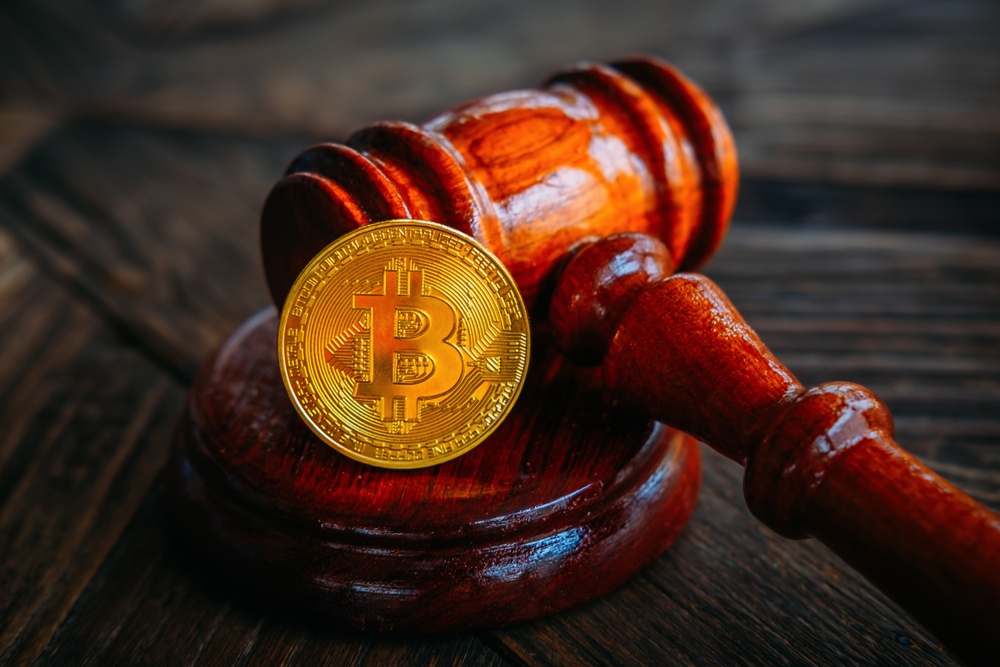
Alright, let’s talk about something that’s super important but often gets overlooked—staying legal and safe while buying Bitcoin anonymously. I know the allure of privacy is strong, but we need to make sure we’re not crossing any lines that could get us into trouble.
Understanding Legal Implications
First things first, it’s crucial to understand the laws in your country regarding cryptocurrency purchases. Regulations vary widely from one place to another. Some countries have embraced crypto with open arms, while others have strict laws that could affect your ability to buy Bitcoin anonymously.
For example, in the United States, the Financial Crimes Enforcement Network (FinCEN) requires cryptocurrency exchanges to comply with Anti-Money Laundering (AML) and Know Your Customer (KYC) regulations. This means that buying Bitcoin anonymously on major exchanges can be challenging and, in some cases, illegal.
Before diving in, take some time to look up your local laws. It’s better to be safe than sorry. You don’t want to end up on the wrong side of the law because of a simple oversight. If you’re unsure where to start, legal resources or local crypto communities can point you in the right direction.
Avoiding Scams and Fraud
When you’re operating in the anonymous realm, the risk of encountering scams or fraudulent schemes increases. Scammers take advantage of the anonymity to trick unsuspecting buyers. I’ve heard too many stories of people losing their Bitcoin to clever fraudsters.
To protect yourself, always use reputable platforms and be cautious of deals that seem too good to be true. If you’re using peer-to-peer exchanges, check the seller’s ratings and reviews. When meeting in person for cash transactions, choose a safe, public location and consider bringing a friend along.
Also, be wary of phishing attempts. Scammers often create fake websites or emails that look like legitimate services to trick you into revealing your private information. Double-check URLs and never share your private keys or personal details.
Responsible Privacy Practices
Wanting to keep your financial activities private is completely understandable. We all have a right to privacy. However, it’s important to use anonymity responsibly. The goal here is to protect yourself from potential threats, not to facilitate illegal activities.
Engaging in unlawful behavior not only puts you at risk legally but also harms the cryptocurrency community as a whole. Regulations tend to tighten when authorities see cryptos being used for illicit purposes. Let’s all do our part to promote a positive image of crypto users.
These links offer great insights and personal experiences from others who’ve navigated the same path.
So, while we’ve covered a lot about staying legal and safe, you might be wondering how to keep building on this knowledge. What other tools and communities are out there to help you on your crypto journey? Well, you’re in luck—there’s more to come that can take your understanding to the next level.
Additional Resources to Explore

If you’re like me and always eager to learn more, there are plenty of resources out there that can help you deepen your understanding of buying Bitcoin anonymously. I’ve found some great articles and communities that are worth checking out.
Recommended Articles and Guides
Sometimes, getting a fresh perspective can make all the difference. Here are some insightful reads that I’ve come across:
- Reddit Community Discussion on Anonymous Bitcoin Buying: Hearing from real people about their experiences can be really valuable. This thread has some interesting tips and personal stories.
- Techopedia’s Guide on Anonymous Bitcoin Purchases: For those who like detailed explanations, this guide covers the technical aspects and offers practical advice.
Engaging with the Crypto Community
One of the best ways to stay on top of the latest methods and tools is by connecting with others. I’ve found that being part of the crypto community not only keeps me informed but also lets me share my experiences.
Consider joining forums like Bitcointalk or subreddits like r/Bitcoin. These platforms are full of enthusiasts who are happy to help and share their insights. Whether you’re asking questions or offering your own tips, it’s a great way to learn and contribute.
For instance, I once stumbled upon a thread where users were discussing new peer-to-peer platforms that didn’t require any identification. It led me to discover services I hadn’t heard of before, which was pretty exciting.
Taking Control of Your Privacy
In our digital world, privacy is becoming more important than ever. By being proactive, we can protect our personal information and make smarter choices online.
I recently read a study from Pew Research Center stating that 81% of Americans feel they have little to no control over the data companies collect about them. That really hit home for me. It reminded me how crucial it is to take steps to safeguard our privacy.
I’ve made it a habit to regularly review my privacy settings and stay updated on new privacy-enhancing tools. Simple steps like using a VPN or being cautious about the information I share can make a big difference.
Final Thoughts
Buying Bitcoin anonymously might seem challenging at first, but with the right knowledge and tools, it’s definitely within reach. Remember, it’s all about taking control and being mindful of your privacy.
I hope this guide has been helpful to you. Feel free to share your own experiences or tips. After all, we’re all in this together, navigating the exciting world of cryptocurrency.
